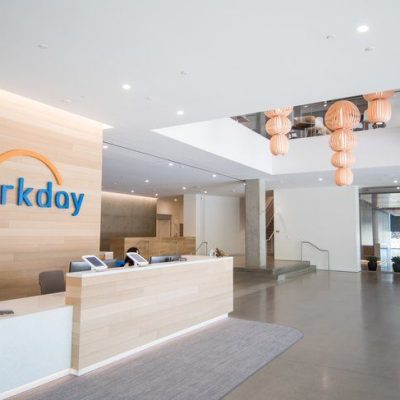The world of GenAI investment is rapidly evolving, with significant implications for businesses and the tech landscape overall. As of H1 2025, GenAI investments have surged to a staggering $49 billion, showcasing an ever-growing interest in generative artificial intelligence solutions. However, despite this impressive financial commitment, organizations continue to face challenges in realizing substantial ROI on these investments. A recent study from Boston Consulting Group highlights that the expected returns for many companies will unfold over a longer timeframe than initially anticipated, prompting a need for strategic planning and execution.
Future Trends in GenAI Investment
As organizations increasingly allocate funds to GenAI investment, several key trends are emerging. Firstly, there is a marked shift toward enhancing infrastructure capabilities to support these technologies. With investment in GenAI infrastructure nearly quadrupling to almost $26 billion in 2024, as reported by S&P Global, companies are focusing on building robust frameworks for their AI systems. Additionally, we are seeing a diversification of investment strategies, with organizations looking to integrate AI across various departments rather than confining it to R&D. This holistic approach might enhance overall efficiency and innovation.
Challenges Facing GenAI Investors
Despite the optimism surrounding GenAI investment, numerous challenges are hindering swift ROI realization. A major hurdle is the skill gap in the workforce, where businesses struggle to find qualified personnel adept at implementing and managing AI systems. Furthermore, as highlighted by recent findings from World Economic Forum, many companies still view GenAI primarily as a novelty rather than as a strategic tool for enhancing productivity and streamlining operations.
📊 Key Investment Challenges
- Skill Gap: Lack of talent to leverage GenAI technology
- Perception Issues: Viewing GenAI as a novelty rather than strategic
Strategic Recommendations for Investors
Investors keen on boosting their GenAI investments should adopt a strategic approach to overcome existing challenges. This includes prioritizing talent development through targeted educational initiatives and collaborating with academia to build a skilled workforce. Additionally, organizations should formulate clear performance metrics to evaluate the success of their GenAI projects, ensuring that they focus on delivering measurable business outcomes.
To deepen this topic, check our detailed analyses on Tech Startups section







